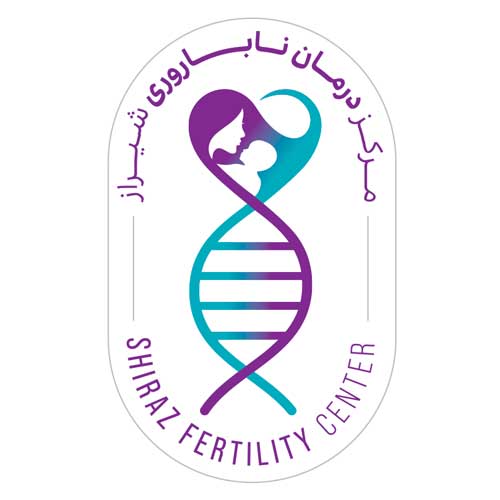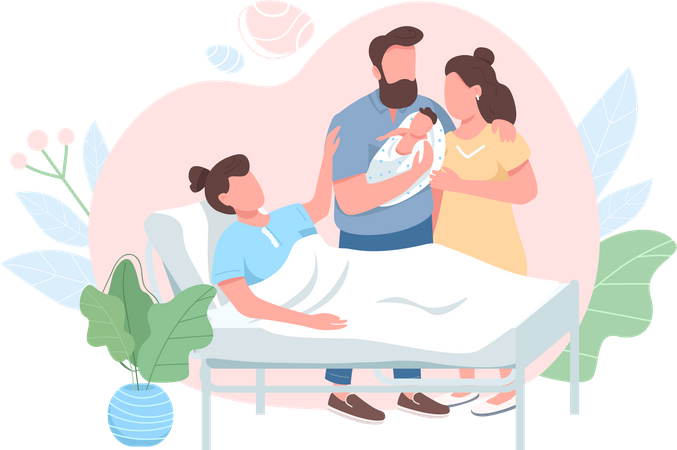
Cryoprese rvation

Surrogacy
(Egg donation)
With advancements in Assisted Reproductive Technology (ART), egg donation has provided a chance for pregnancy in women with premature ovarian failure or very poor ovarian function. In IVF cycles using eggs donated by healthy, young women, the egg is fertilized with the sperm of the recipient’s husband, and the resulting embryo is transferred to the recipient’s uterus. It is necessary to synchronize the timing between the embryo and the recipient’s endometrial tissue and provide hormonal support in the early stages of pregnancy. The selection and screening of egg donors are crucial.

The use of donor eggs in IVF cycles is indicated in cases of ovarian failure, genetic diseases, decreased or absent ovarian function, advanced maternal age, women with Turner syndrome, and poor egg quality in previous IVF cycles. Evaluation and screening for couples receiving donor eggs are similar to the recommendations provided before a regular IVF procedure. To synchronize endometrial development with the embryos to be transferred, egg recipients with functioning ovaries are initially downregulated with GnRH-a. Subsequently, both women with functioning ovaries and those with ovarian failure undergo a cyclical estrogen and progesterone regimen to stimulate a natural cycle and accelerate the growth and maturation of the endometrium.
Precise timing of the embryo transfer process is essential to maximize successful implantation. To coordinate embryo development with the endometrium, progesterone therapy should begin in the egg recipient on the day of egg retrieval from the donor. As a general rule, day-2 embryos are transferred on day 3 of progesterone administration, day-3 embryos on day 4, and day-5 embryos on day 6.
Luteal phase support is essential for the embryo recipient. Activation of the placenta for the production of progesterone and estrogen during pregnancy occurs from weeks 9-7 of pregnancy based on the last menstrual period (i.e., 7-5 weeks after embryo transfer). Limited access to suitable egg donors is the biggest obstacle to implementing an egg donation program. The egg donor may be a known relative or acquaintance of the recipient, but in most cases, they are healthy, young, and anonymous volunteers.
According to the guidelines of the American Society for Reproductive Medicine, egg donors must be between the ages of 21 and 34. They must undergo a comprehensive medical history and physical examination to rule out individuals at high risk for sexually transmitted diseases or hereditary diseases, as well as undergo pre-IVF screenings. Egg donation candidates must be screened for sexually transmitted infections including syphilis, hepatitis B (surface antigen and core antibody), hepatitis C (antibody), and HIV 1 and 2. Screening also includes tests for chlamydia and gonorrhea, and all tests must be performed within 30 days of egg retrieval.
Specific genetic screening (based on race and ethnicity) is performed for donors who are at risk for genetic diseases. Psychological evaluation of the individual by an experienced specialist is recommended, and written documentation of the donor’s psychological fitness is required. Frozen donor eggs can also be used. The incidence of pregnancy complications in the recipient following the use of embryos from donated eggs is not increased. However, because most recipients are over 35 years of age, their pregnancies may be considered high-risk as multiple pregnancies are common in these cases and may result in complications such as premature birth, high blood pressure, gestational diabetes, premature rupture of membranes, placenta previa, preeclampsia, and more in older recipients.
Source: Clinical Approaches to Infertility in Reproductive Biology
Also read:


